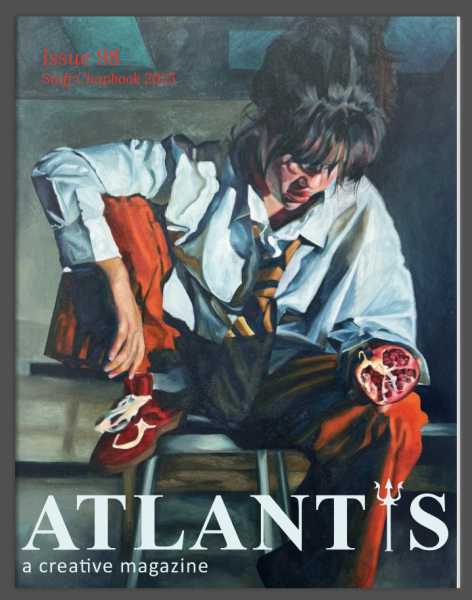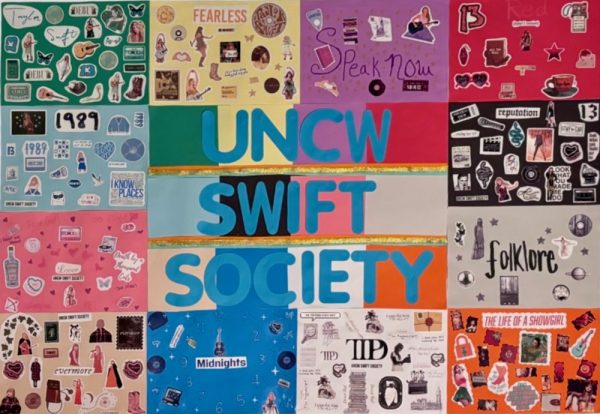Seahawk study tips for exam week
With exam season approaching, many UNC Wilmington students find themselves trying to figure out what techniques are going to help them study best. Below are seven essential tips to help them get through the conclusion of this school year:
1. Start studying now
Beginning exam preparation sooner, rather than later, is age-old advice that all students are told, but they should keep in mind that this is the golden rule for a reason. Studies show that retaining and truly understanding material is best if students begin studying a couple weeks before exams.
Patti Schulz, an academic advisor for the university, suggests using the “Spaced Learning Technique.” The Spaced Learning Technique requires that students review new and old material over the course of a specific amount of time. For example, if a student needs to review twenty chapters for finals, they should review chapters one to three on the first day. Then on the second day, review chapters four to six, but also chapters one to three. This process is repeated until they reach the end of the course material to ensure complete mastery.
2. Go to the professor’s office hours
If a professor requires a piece of work such as a project or essay, rather than a final exam, that is the perfect time for students consult the professor to ensure that the essay or project is up to their standards.
Seeing a professor is a great opportunity to clarify anything that is unclear or to go over the project as a whole. Additionally, if students are lucky enough to have a professor who provides a study guide, it is beneficial for them to answer it and go over the responses with him or her.
3. Visit the University Learning Center
The University Learning Center, or ULC, is an excellent and free resource for students who are having trouble understanding a certain topic. This resource is especially helpful for STEM and language courses.
The ULC provides one-on-one or group tutoring with qualified personnel. Study sessions are group tutoring sessions that are also held throughout the semester that help students understand course material by reviewing lecture notes and addressing study skills.
To understand the mechanics of final exams, students should create their own tests and conditions themselves. Compiling old tests, lifting questions that might be on the exam, and answering it in the allotted exam time can train a student to become familiar with the exam setting, thus preventing test anxiety. Creating and answering personal tests without the aid of notes is a great way to pinpoint strengths and weaknesses.
5. Learn to teach the material
True mastery of course entails that a person can teach the material to someone else. If creating mock exams are not a preferred method, finding a study partner or small group to which students can “teach” material. This tip is especially helpful for classes that are content-heavy and process-driven like science and history. Being able to explain and answer questions accurately and simply gauges how good of a grasp one has on their coursework.
6. Stay healthy
Students should be sure to stay healthy, physically and mentally. Exam season can be extremely stressful on one’s body and mind, which is why it is crucial to take time out of the day to ensure time is in place for eating well and drinking enough water. Keep in mind that eating a well-balanced diet over fast-food or sugary snacks prevents crashing and feeling sluggish.
It is also important to note that sleep is an essential factor in retaining information, so students should keep the inevitable all-nighters to a minimum. To learn more, visit the Healthy Hawks website.
7. Do not be afraid to stop studying
Lastly, it is okay to stop studying. It is important to take a break every once in a while, so students should get out of Randall and go on a walk, visit the beach, or watch their favorite show on Netflix to reward themselves for all the hard work they have done this exam season.











